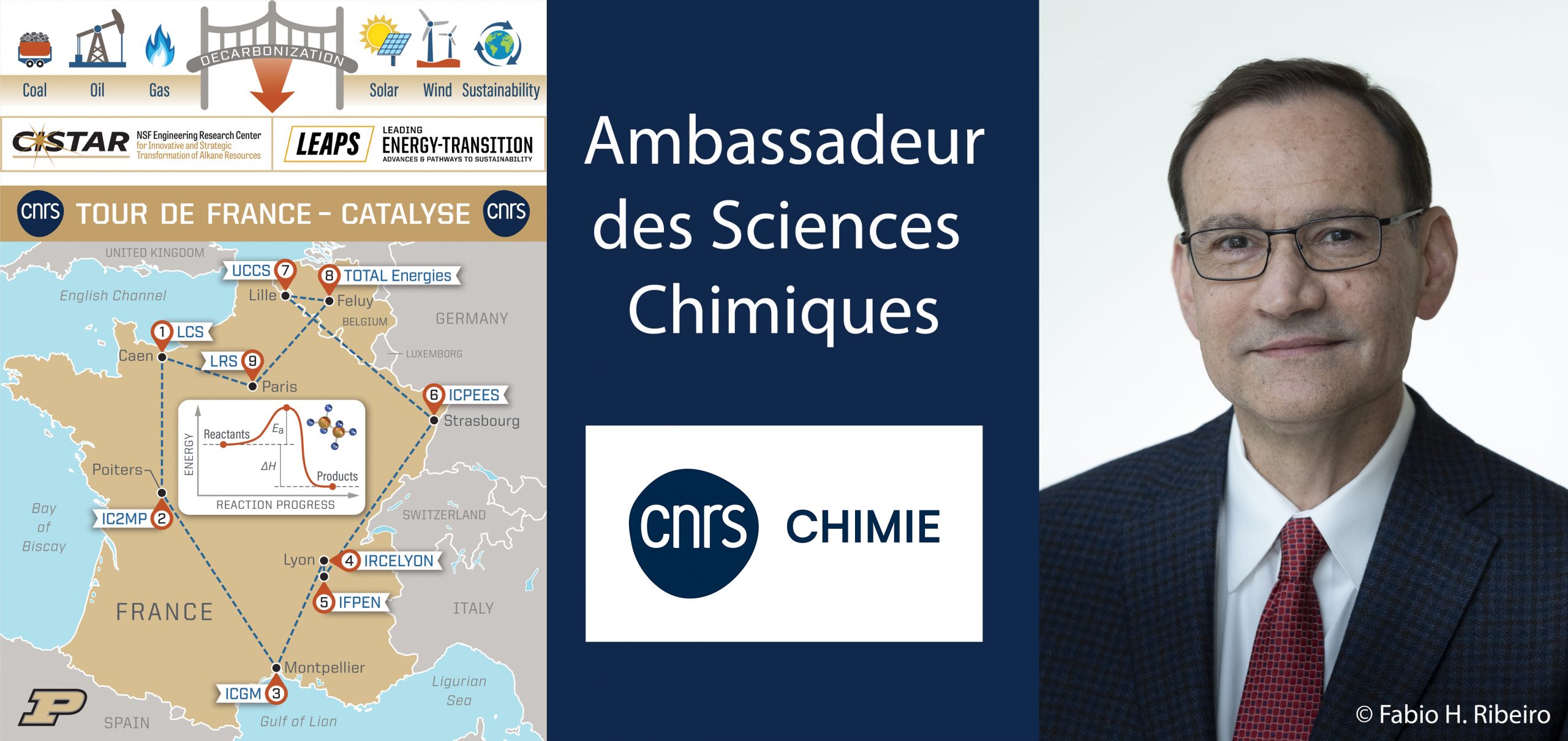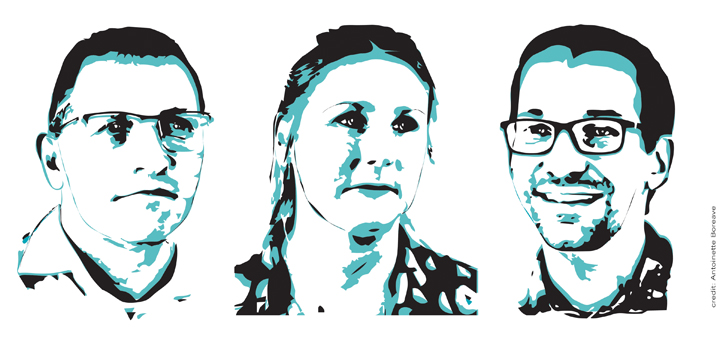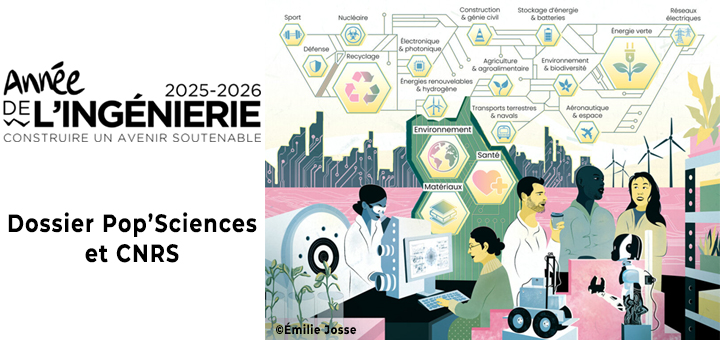Visit from Prof Fabio H. Ribeiro, CNRS Chemistry Ambassador

We will have the honour of welcoming to IRCELYON on November 21th, 2024, Fabio H. Ribeiro, distinguished Professor of Chemical Engineering at Purdue University. As the Ambassador in Chemical Sciences in France he will begin a series of lectures at CNRS laboratories from November 11th. His research focuses on heterogeneous catalysis with applications in bio-based chemicals, green processes, and carbon-neutral fuels. He will highlight the role of catalysis in creating efficient and sustainable energy systems.
Find the interview with Prof. Fabio H. Ribeiro and the full programme of his lectures on the CNRS Chimie website.
Conference title:
Heterogeneous Catalysis: Enabling the Breakthroughs for a Sustainable Energy Transition
Fabio H. Ribeiro
W. Nicholas and Elizabeth H. Delgass Distinguished Professor in Chemical Engineering
Director, NSF Engineering Research Center for Innovative and Strategic Transformation of Alkane Resources (CISTAR)
Co-Director, Leading Energy-Transition Advances and Pathways to Sustainability (LEAPS), Purdue Engineering Initiative on Energy Transition
Charles D. Davidson School of Chemical Engineering
Purdue University
Abstract:
Energy is the backbone of modern civilization, fueling everything from our daily conveniences to our economic engines. However, the world is at a critical juncture, facing an urgent need to transition away from fossil fuel dependence toward more sustainable solutions. In this lecture, we will explore the global energy landscape, discussing how demographic and economic shifts are shaping our energy needs and solutions. We will outline a comprehensive roadmap for decarbonization, focusing on key strategies such as enhancing energy efficiency, electrifying industrial and domestic processes, advancing carbon capture technologies, and developing sustainable fuels.
Central to these strategies is heterogeneous catalysis—a powerful enabler of the technological breakthroughs required for energy sustainability. We will discuss how catalysis is driving advancements in bio-based chemicals, green chemical processes, and carbon-neutral fuel synthesis, among other areas. As we navigate these opportunities, we will discuss the role that catalysis could play in unlocking a future where energy systems are more efficient, equitable, and sustainable.







